 Here we provide the full interview by How on Earth’s Joel Parker of planetary scientists Dr. Alan Stern (Southwest Research Institute) and Dr. David Grinspoon (Planetary Science Institute), about their new book: “Chasing New Horizons: Inside the Epic First Mission to Pluto“. Their book describes the the story of Pluto and NASA’s New Horizons mission, bringing the reader backstage to hear the details and meet the personalities behind building, launching, and flying this audacious mission.
Here we provide the full interview by How on Earth’s Joel Parker of planetary scientists Dr. Alan Stern (Southwest Research Institute) and Dr. David Grinspoon (Planetary Science Institute), about their new book: “Chasing New Horizons: Inside the Epic First Mission to Pluto“. Their book describes the the story of Pluto and NASA’s New Horizons mission, bringing the reader backstage to hear the details and meet the personalities behind building, launching, and flying this audacious mission.
Excerpts of this interview were first broadcast on KGNU on May 15th and May 22nd.
Podcast: Play in new window | Download (Duration: 42:02 — 38.5MB)
Subscribe: RSS





 With graduation season is upon us, today’s edition of How on Earth is the second of a two-part annual “Graduation Special”. Our guests in the studio today are scientists who will receive their Ph.D. in a STEM-related field. They talk about their thesis research, their grad school experiences, and what they have planned next.
With graduation season is upon us, today’s edition of How on Earth is the second of a two-part annual “Graduation Special”. Our guests in the studio today are scientists who will receive their Ph.D. in a STEM-related field. They talk about their thesis research, their grad school experiences, and what they have planned next. HyunJoo Oh – CU Boulder,
HyunJoo Oh – CU Boulder,  Nathan Parrish – CU Boulder,
Nathan Parrish – CU Boulder,  Diana Perry – Stockholm University,
Diana Perry – Stockholm University, 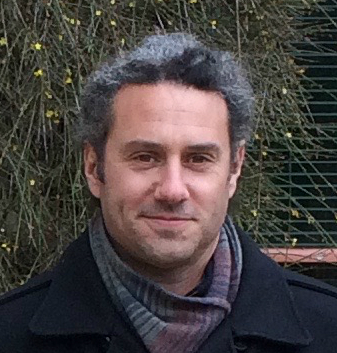 Oliver Paine
Oliver Paine Diba Mani
Diba Mani John Nardini
John Nardini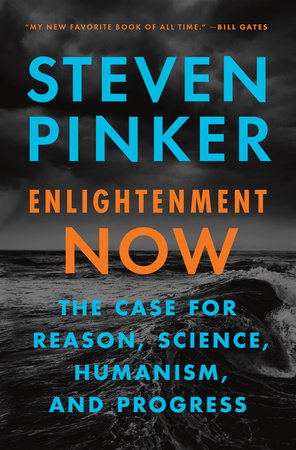
 You may be among many who wistfully harken back to the “golden days” of the past. For some people the past does look rosier, or perhaps the present looks grim, but, according to
You may be among many who wistfully harken back to the “golden days” of the past. For some people the past does look rosier, or perhaps the present looks grim, but, according to 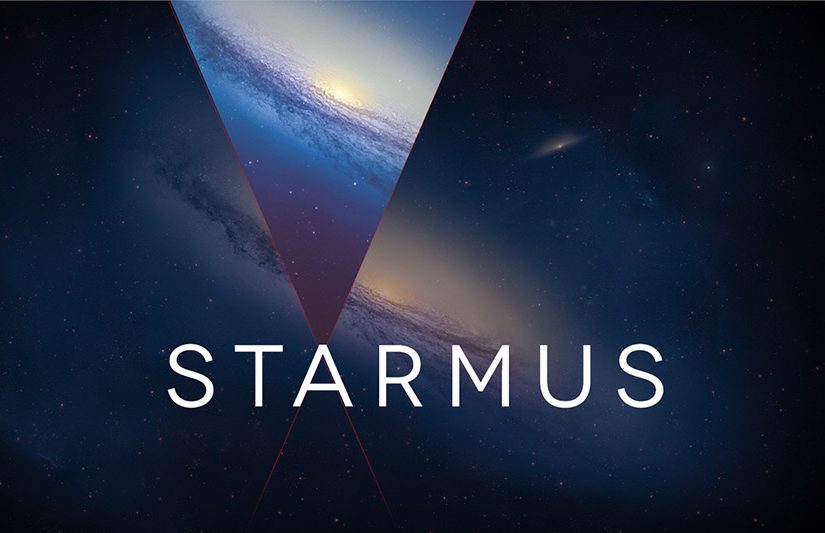
 Woodstock. Lallapalooza. Lilith Fair. Coachella. Burning Man. All famous music and art festivals. What about…science festivals? Perhaps a festival with all the “rock stars” of science and space exploration, and while you’re at it, throw in a few music rock stars as well? Well, that describes the
Woodstock. Lallapalooza. Lilith Fair. Coachella. Burning Man. All famous music and art festivals. What about…science festivals? Perhaps a festival with all the “rock stars” of science and space exploration, and while you’re at it, throw in a few music rock stars as well? Well, that describes the 
 Boulder, Colorado has a rich culture of science, as the home for serveral prestigious national laboratories, a thriving technology industry, the flagship campus of the University of Colorado and various joint ventures between them. As a science enthusiast, where might you go to find a community of like minded people? Must you work in a lab? Teach at a university? Enroll as a student? Well now Boulder has
Boulder, Colorado has a rich culture of science, as the home for serveral prestigious national laboratories, a thriving technology industry, the flagship campus of the University of Colorado and various joint ventures between them. As a science enthusiast, where might you go to find a community of like minded people? Must you work in a lab? Teach at a university? Enroll as a student? Well now Boulder has 
 For this end-of-the-year/start-of-the-year How on Earth show, we look back to 2017 with clips from some of our features from the past year: selections about tracking methane leaks,
For this end-of-the-year/start-of-the-year How on Earth show, we look back to 2017 with clips from some of our features from the past year: selections about tracking methane leaks, 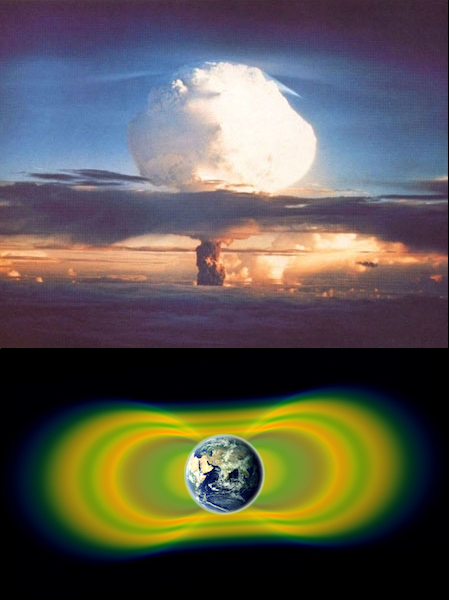
 In 1963, the United States, the Soviet Union, and Great Britain signed the
In 1963, the United States, the Soviet Union, and Great Britain signed the 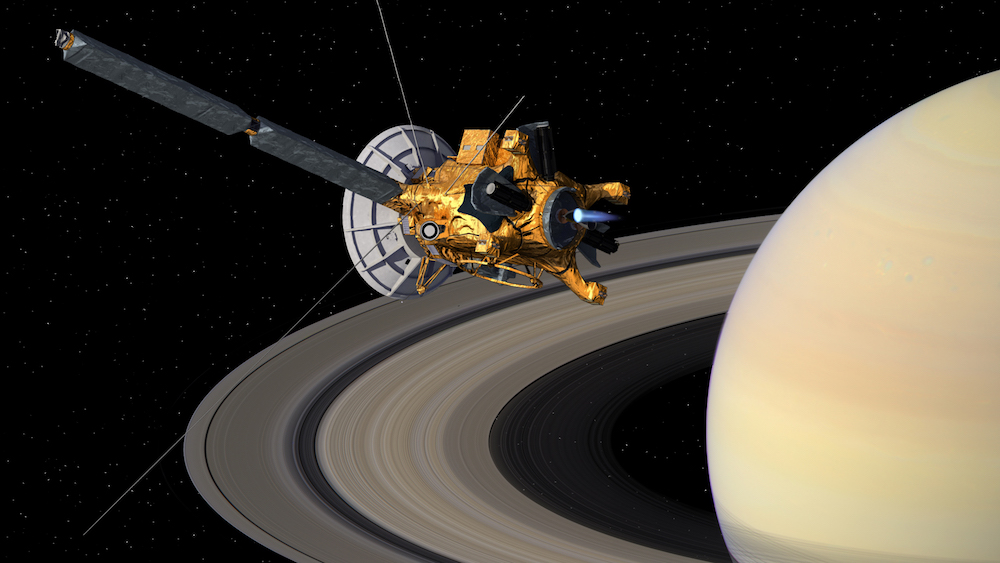
 The
The 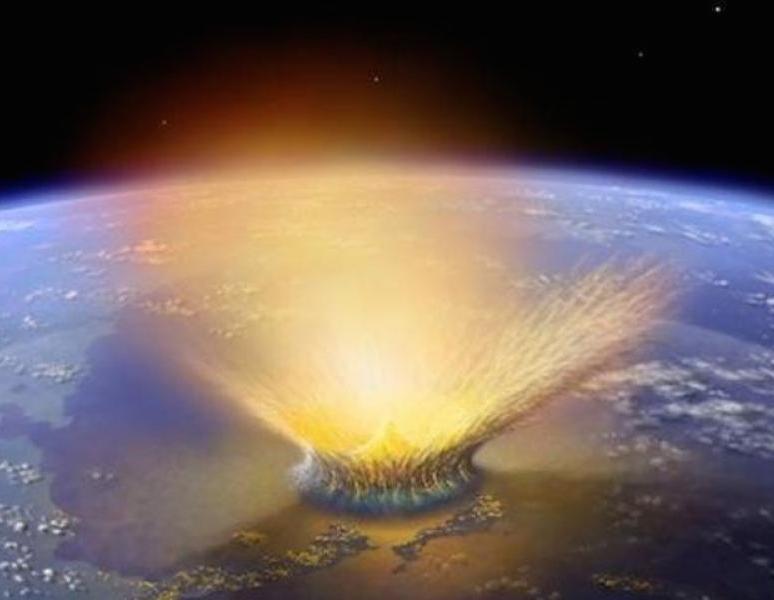
 Climate Change and Extinctions Following an Asteroid Impact (starts at 8:45) It has been hypothesized that the dinosaurs were killed off by a large asteroid that struck the Earth. The details of how the impact of a 10 kilometer diameter asteroid led to global scale extinction have remained elusive. Recently, climate researchers from the Boulder area published new climate model results that show how the asteroid impact ultimately leads to widespread cooling in the atmosphere and increased exposure to ultraviolet radiation. These drastic and rapid changes to the climate due to the asteroid impact may explain the global scale extinction.
Climate Change and Extinctions Following an Asteroid Impact (starts at 8:45) It has been hypothesized that the dinosaurs were killed off by a large asteroid that struck the Earth. The details of how the impact of a 10 kilometer diameter asteroid led to global scale extinction have remained elusive. Recently, climate researchers from the Boulder area published new climate model results that show how the asteroid impact ultimately leads to widespread cooling in the atmosphere and increased exposure to ultraviolet radiation. These drastic and rapid changes to the climate due to the asteroid impact may explain the global scale extinction.